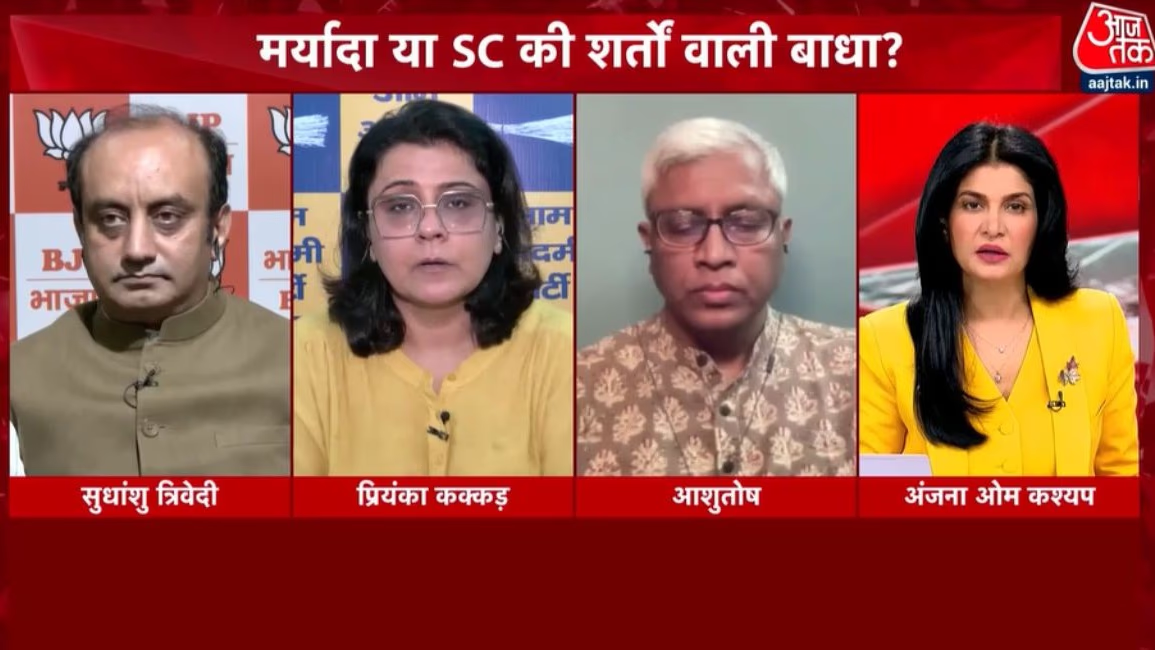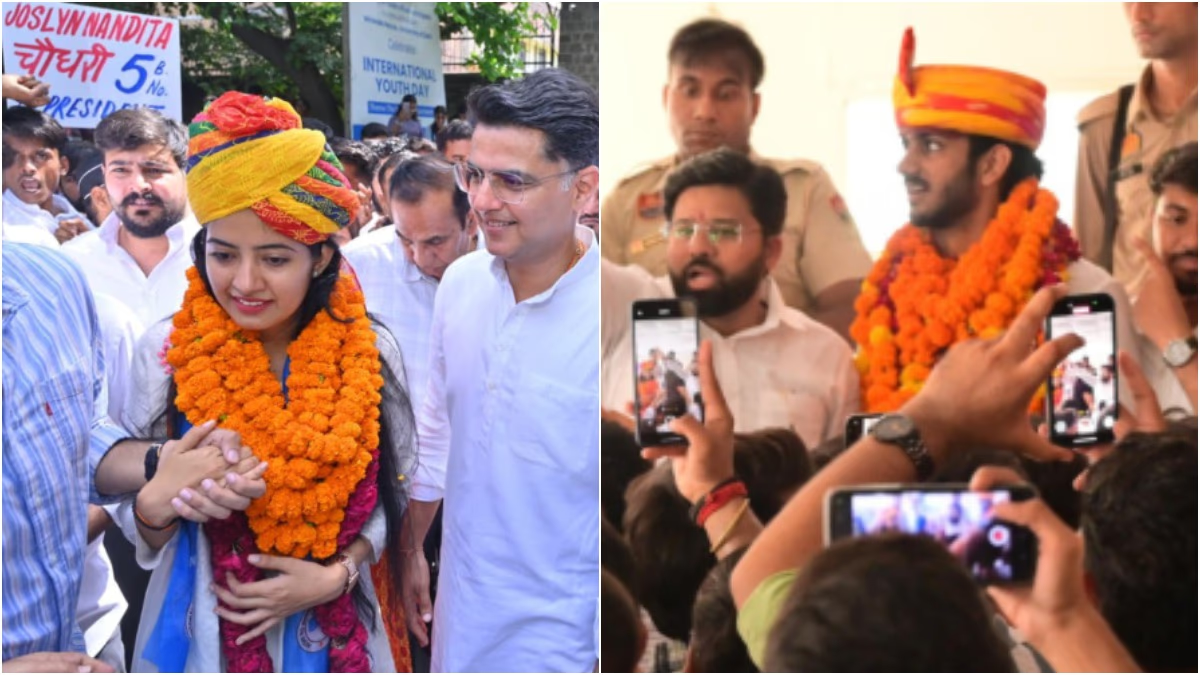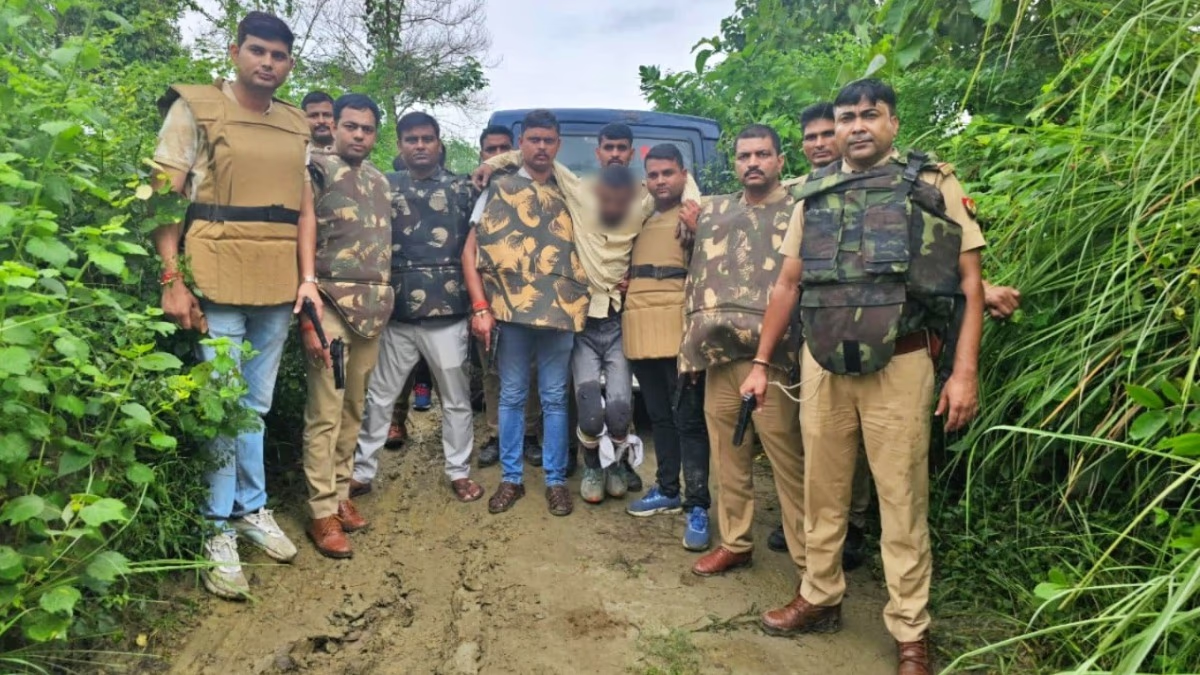The political climate in Delhi is heating up. A transfer of power is on the horizon as Chief Minister Arvind Kejriwal is set to step down. He will meet the Lieutenant Governor tomorrow evening to submit his resignation. While Atishi is currently leading the race for the Chief Minister post, names like Gopal Rai, Saurabh Bharadwaj, and Kailash Gahlot have also surfaced. The Halla Bol segment delved deeper into various aspects of this development.
The decision of CM Kejriwal's resignation is also influenced by court conditions that restrict his office visits and signing of documents. Following allegations against CM Kejriwal, BJP had been persistently demanding his resignation. Now that he is about to resign, BJP sees a conspiracy behind this move.
Read also: 'Ending Delhi's Troubles Before Leaving...', Says Kapil Mishra on CM Kejriwal's Resignation
Why is Arvind Kejriwal Resigning?
First Possibility:
In response to a question on BJP's perspective, party spokesperson Sudhanshu Trivedi outlined three possibilities and said, "The issue isn't within us, but Kejriwal has understood the problem. He is the first CM who has restrictions on speaking, writing, and office visits." Trivedi's first possibility is, "Kejriwal might feel that presidential rule could be imposed, prompting him to resign."
Second Possibility:
Trivedi's second possibility is, "Arvind Kejriwal realizes that if someone else becomes CM, he could be sidelined, and hence, he wants to ensure this by resigning, so he remains as an acting CM without any real power."
Third Possibility:
Discussing the third possibility, Trivedi mentioned, "With winter approaching, after ten years in office, Kejriwal has no satisfactory explanations for issues like mismanagement, stubble burning, and pollution. He aims to tackle these conditions first." He added, "Today's decision isn't about upholding morals but addressing compulsions, as he looks for a 'night watchman', akin to test cricket, to handle the situation temporarily."




